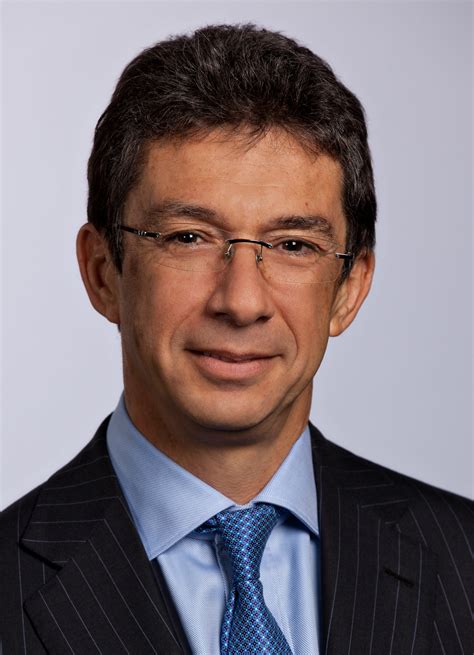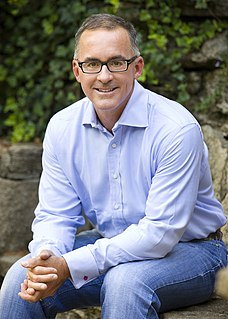A Quote by Soren Skou
Digitization and new technologies are rapidly changing all industries, forcing them to prepare for a tomorrow that is unpredictable. This also applies to the industry of container shipping, ports, and logistics, which largely has been driven by the traditional business models focused on optimizing how you move goods.
Related Quotes
The economics of the space industry are changing. Within so called 'NewSpace,' not only are new entrants being created almost daily, the business models and capital sources have proven to be dramatically different from traditional models built upon large government contracts and defence-related spending.
A tobacco industry has been a fairly linear and predictable industry. You know what's going to happen every year. You know from time to time you are going to have a tax increase, you are going to have regulatory restriction, but, as it applies to everybody, I think we are doing very well. But now it's much more technology-driven. Competitors other than our traditional competitors can come in, whether legitimate or fly-by-night ones, and you have to anticipate all those things. The whole organization has to gear up to this new reality and these new competitive rules around it.
Regardless of the administration or who's in Congress, when you look at the outcomes of what what's been happening, there are opportunities for us to invest in infrastructure, to create more equity, to invest in new technologies, to create future - jobs focused on the future not industries from the past.
We didn't see any statistically significant relationship between our buzz and our short-term sales...Is that the end of the story? I would say no. This is one study on a set of brands in a particular company within a certain segment of the consumer-packag ed-goods industry. It is by no means a generalized result that applies to all industries.
Today's enterprise IT architecture is about integrating systems to meet business needs. Consequently, IT architects can't - and don't - live in a vacuum. To address that reality, Catalyst Conference 2006 will delve into strategic infrastructure technologies with the depth to which our clients have grown accustomed. With the larger number of Cross-Cutting Concerns sessions, we'll also clearly illustrate how these technologies relate to each other, and how roles, geographies, and business processes intersect within an enterprise.
Occident: The part of the world lying west (or east) of the Orient. It is largely inhabited by Christians, a powerful subtribe of the Hypocrites, whose principal industries are murder and cheating, which they are pleased to call war and commerce. These, also, are the principal industries of the Orient.


































